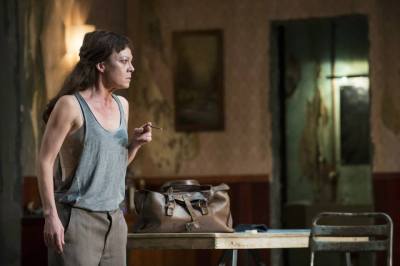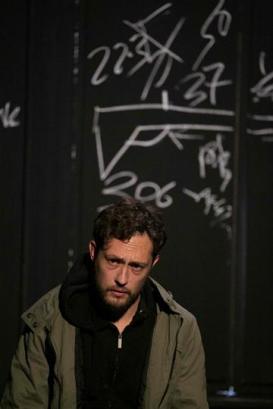– Don’t you feel pain?
– Only as much as I want to.
– And how much pain is that?
– That’s rather personal, don’t you think?
Words that are brazen, suspicious, suggestive. Even worse, this is the conversation between an adult and a child. Even worse, this is not quite true.
Jennifer Haley’s play assumes a world where we can go to hide. It’s The Nether and it’s virtual but other than that, each character defines it in a different way. No consequences, no pain, no sense of time, no limitations. These are the lies people tell to each other. The closest the virtual world imitates the physical one, the less escapism it offers. Isn’t that weird?
The play will be discussed as a play about pedophilia, but this is far too obvious an approach. It’s mostly about intimacy, and whether it can be achieved without moral choices and consequences. The characters try to evade reality and then demand it as a token from each other. Continue reading









